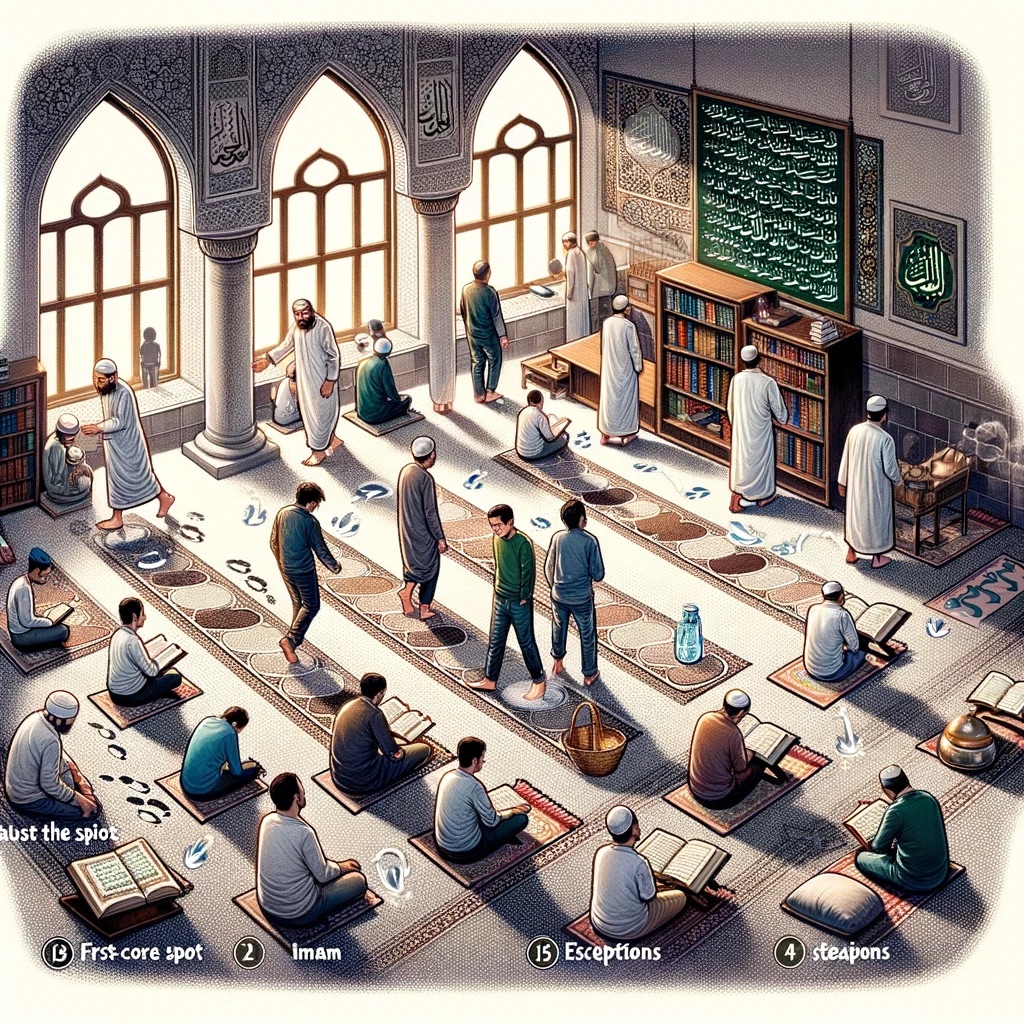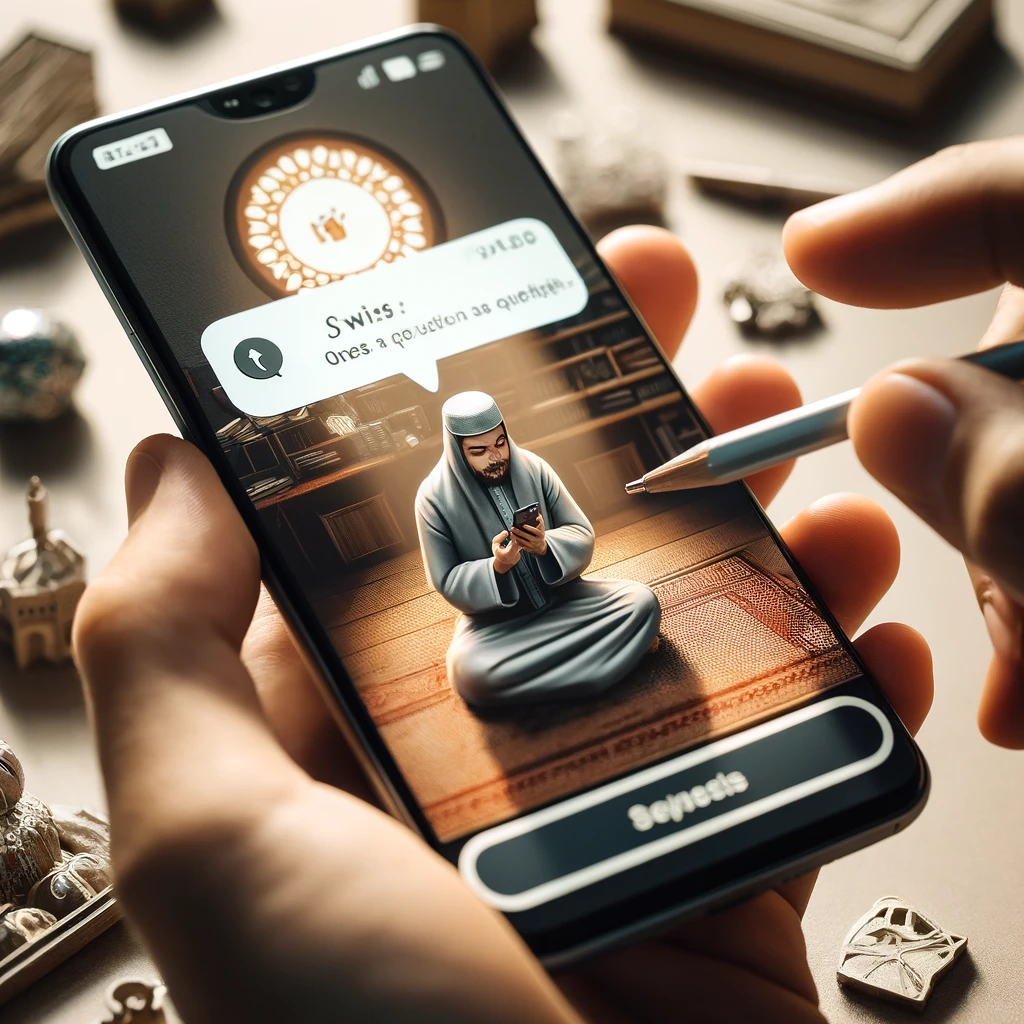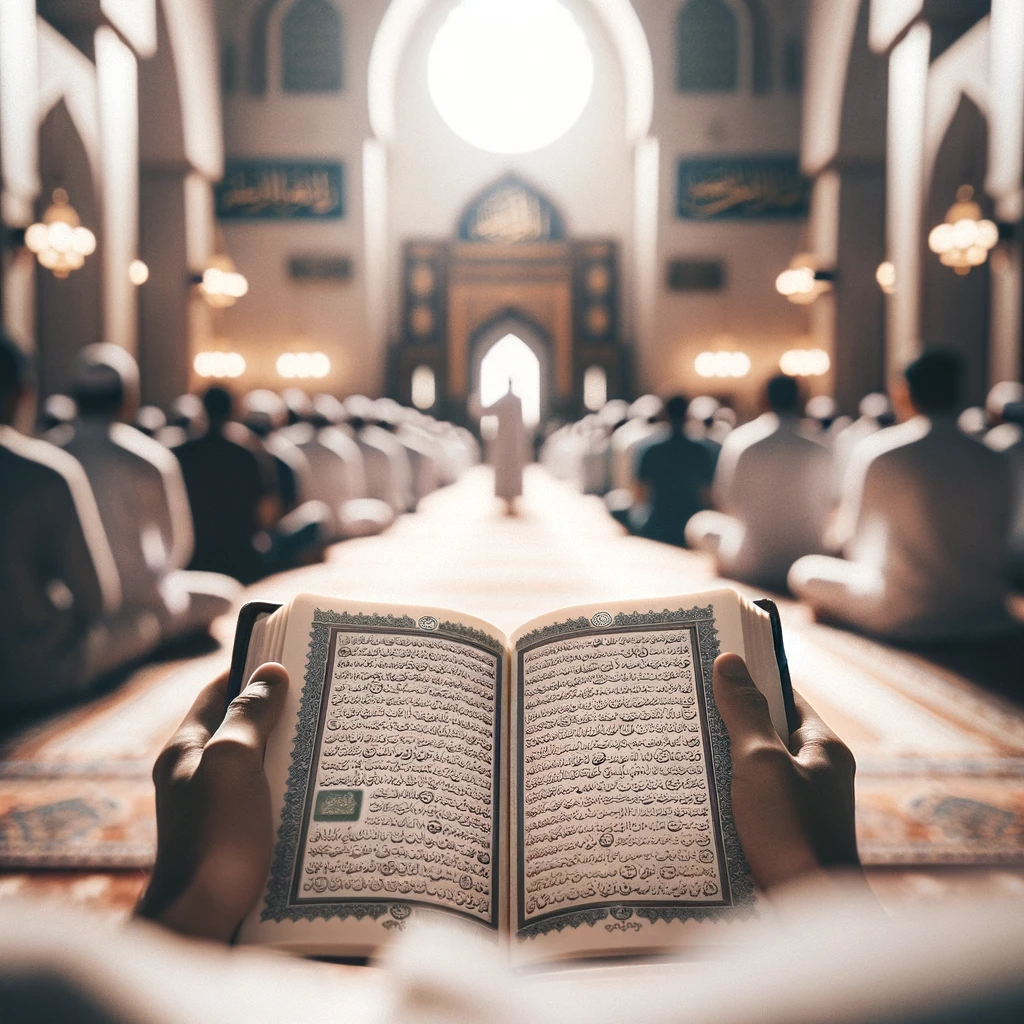Jahili Masculinity & Chivalry & Lowering the Gaze

In pre-Islamic times, the Arabs would lower their gazes and adhere to the sanctity of the neighbor and honor, even their outlaws. Urwah ibn al-Ward, one of the Arab outlaws of the pre-Islamic era, said:
وإنْ جارتي ألوَتْ رياحٌ ببيتها
تغافلت حتى يستر البيت جانبه
“If the winds blew against my neighbor’s house,
I would pretend not to see until her house was covered from sight.”
And Antarah ibn Shaddad said:
و أغضُّ طرفي ما بدَت لي جارتِي
حتى يُواري جـارتـي مـأواهـا
“I lower my gaze; should my neighbor appear,
Until she is concealed within her dwelling place.”
إني امرؤٌ سمحُ الخليقة ماجدٌ
لا أتبع النفس اللجوج هواها
“I am a man of noble creation and generosity,
Not following the whims of a persistent soul.”
The noble qualities of the Arabs were kept, refined and, as the case here, commanded by Islam. What can we say if a world today where haya and honor seem to have faded?
Commenting on the verse of the Quran that commands the believers to lower their gaze, al-Qadi Abu Bakr writes in Ahkam al-Quran:
“The verse: ‘They should lower their gaze’ Quran 24:30 contains the word “min” [from] which implies partiality, yet, ‘and guard their private parts’ in the same verse does not have min. Meaning guard them in an absolute sense.
Scholars have three opinions about the implications of this verse:
The first: Lowering the gaze is used in this verse in the context of prohibition; because lowering it from what is permissible is not obligatory; but it is obligatory to lower it from what is forbidden; hence the introduction of the particle of partiality in lowering the gaze, so it said: from their gaze of what is haram.
The second: There are aspects of looking that are not forbidden, which are the first and second look; anything beyond that is forbidden, and there is nothing concerning the private parts that is permissible.
The third: There are looks that are forbidden, which concern strangers; and those that are permissible, which concern spouses and those of close kin, unlike the private parts, for covering them is obligatory in public and in seclusion; based on the hadith of Bahz bin Hakim from his father from his grandfather Muawiyah bin Haydah al-Qushayri; he said: “I asked, ‘O Messenger of Allah, what about our private parts, what should we do with them and what should we leave?’ He said: ‘Guard your private parts except from your spouse or what your right hand possesses.’ I said: ‘What about when a man is with another man?’ He said: ‘If you can ensure that no one sees it, then do so.’ I said: ‘What about when a man is alone?’ He said: ‘Allah is more deserving of your modesty.'”









